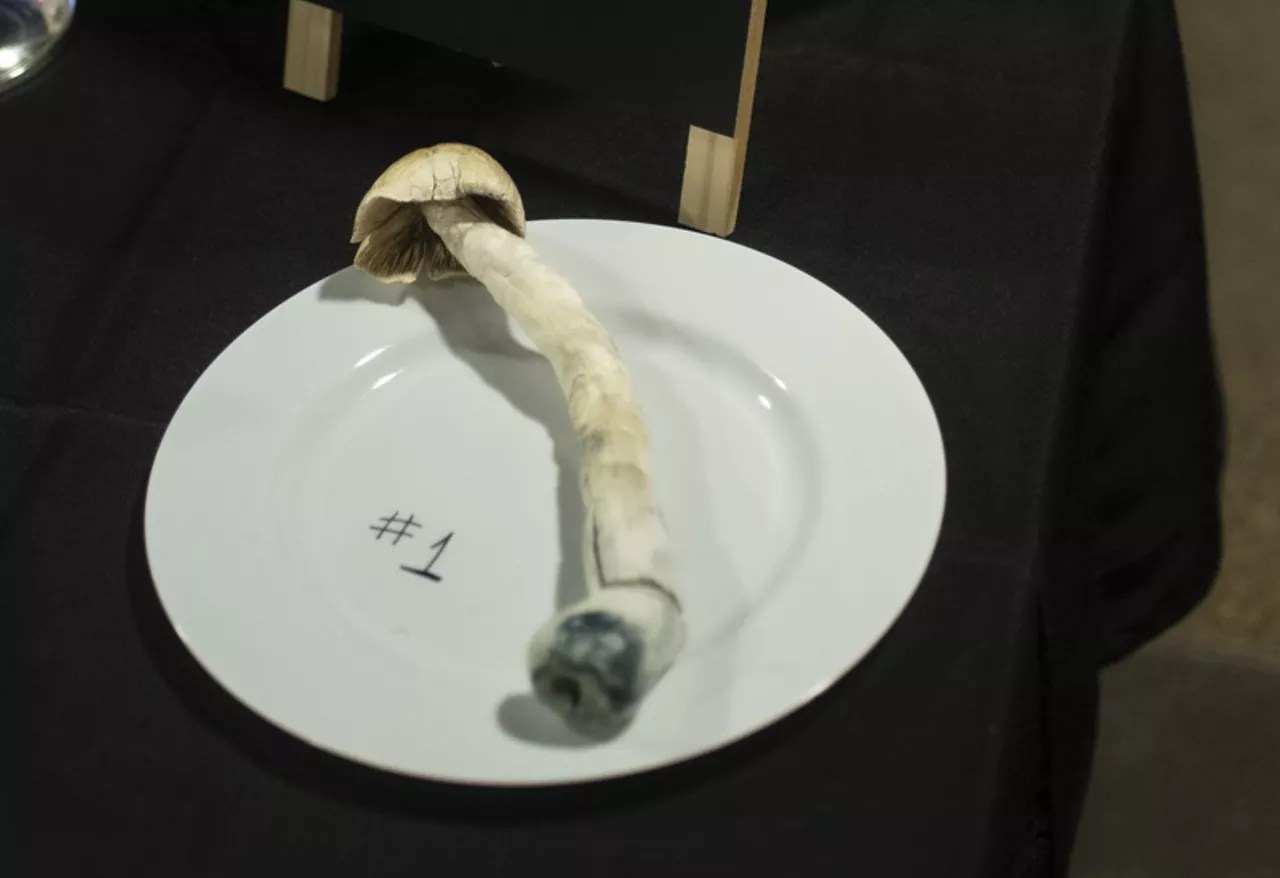
Evan Semón Photography

Audio By Carbonatix
Denver City Council has approved a licensing structure for psilocybin mushroom growers, facilitators, product manufacturers and other businesses that are now legal in Colorado. However, city officials expect only a slow trickle of businesses at the start.
The city’s new set of rules, approved on March 3, largely follows psychedelic regulations approved at the state level last year, although there are some differences.
Mushroom growers, infused product manufacturers and testing facilities, which are already licensed by the state Natural Medicine Division (NMD), will not require additional local licensing. However, healing centers and facilitators must be approved by the Denver Department of Excise & Licenses “with a couple of exemptions,” including native American religious ceremonies and clinical facilities that are already licensed to diagnose and treat certain health conditions, according to the department.
Like state regulations, Denver’s ordinance requires a psilocybin business be at least 1,000 feet away from a preschool, primary school or childcare facility.
“The state rules are robust, they’re comprehensive, and we feel like they’re pretty limited in what these businesses are actually allowed to do, particularly when compared to marijuana,” Excise & Licenses policy analyst Abbey Borchers told a city council committee in February. “On the other hand, we felt healing centers are a place where a local license would be useful. …Healing centers have more of a potential for posing community impacts and risks.”
Unlike medical and recreational marijuana, psilocybin cannot be sold at licensed dispensaries or taken home by clients. Any adult interested in psilocybin therapy or microdosing sessions, which aren’t yet allowed by the state but are expected to be approved this year, would have to visit a licensed facilitator or healer to partake onsite.
City officials and members of the natural medicine community don’t expect a vast industry turnout in Colorado. Since the state began accepting business applications last December, only 26 businesses have applied for licenses across the state, according to the NMD.
“We think this will be 1 percent of the size of the cannabis industry, so we think this will be a very small space,” says cannabis and natural medicine attorney Joshua Kappel, who helped write the psychedelics legalization initiative approved by Colorado voters in 2023.
“There’s going to be very few license applications in Denver, at least in the first year,” Tasia Poinsatte, Colorado director for psychedelic medicine advocacy group the Healing Advocacy Fund, told councilmembers.
Outdoor advertisements for psilocybin businesses will be banned in Denver under the new ordinance, similar to those advertising marijuana, as will ads that appeal to children or misappropriate Indigenous cultures. And although natural medicine businesses don’t need to secure good neighborhood agreements like their peers in the cannabis space, the licensing department can still impose limits on hours of operation and other restrictions to address specific community concerns.
The measure approved by city council also repeals Ordinance 301, the history-making initiative passed by Denver voters in 2019 that decriminalized psilocybin possession. Denver’s new mushroom rules do not impact personal use, possession or cultivation allowed by state laws, however.